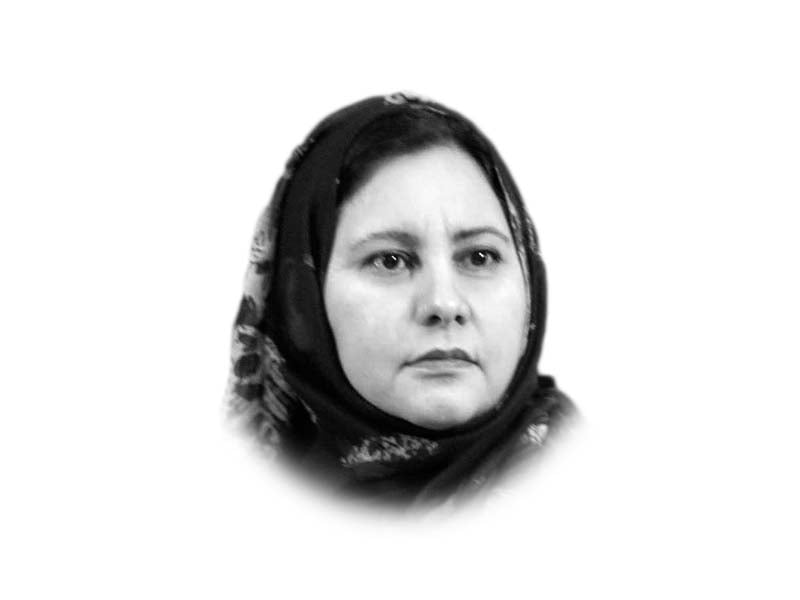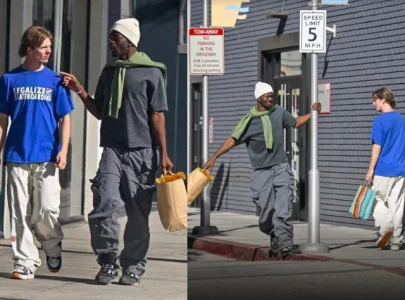
German political scientist Wolfgang Merkel wrote, “Capitalism and democracy follow different logics: unequally distributed property rights on the one hand, equal civic and political rights on the other; profit-oriented trade within capitalism in contrast to the search for the common good within democracy; debate, compromise and majority decision-making within democratic politics versus hierarchical decision-making by managers and capital owners. Capitalism is not democratic, democracy not capitalist.”
Though both concepts, democracy and capitalism, are attractive in their idealistic forms, yet both have shown to quickly become problematic in practice. Democracy, the ‘will of the people’ secured by the ‘vote of the people’ has remained an unattainable goal since ancient times when Socrates declared that democracy within a set of unequally knowledgeable people who have different strengths of character would inevitably lead to populism, resulting in the ultimate demise of the nation.
Time has proven the universal franchise to be a hotbed for widespread electoral corruption of many sorts, resulting in the election of representatives that really represent only their own interests. So much so that according to the World Values Survey, in the past 10 years, trust in governments and political parties all around the world has reached a historical low. Some of the reasons being the common man’s lack of awareness regarding institutional matters in economy and social reforms at the national level; the powerful elite’s ability to buy politicians and the ballot and using them for the growth of their own wealth through horse-trading or lobbying; and above all, the politician’s herding of the populace through sloganeering and by making popular promises that are never meant to be kept.
With this increasing distrust on the political system and because of living in the information era, societies have become more and more cognisant of the actions of their governments and their political leaders of whom they are becoming increasingly skeptic. Our political parties are the least trusted institutions in our societies, and people feel more and more disconnect with the political process and feel the power of their votes only during the election process. As soon as the elections are over, they feel chained again and utterly in control of nothing.
The reason is obvious. Like in a hospital where only the board of surgeons will decide upon the viability of an operation and it would be absurd to take one vote from each staff member in the system, the same ‘one person, one vote’ will always yield a mob culture that will be harnessed by opportunists and the highest bidders who are usually the capitalist elites. The question is: has capitalism created this mess-up in democracy or has it just added to the chaos?
There is nothing bad in private ownership and business-for-profit, yet accumulation of capital has to be regulated firmly if we don’t want our societies to be controlled by a bunch of oligarchs, killing the very soul of democracy. But capitalist thinking goes beyond profit-seeking. It breaches right into the territory of politics. It tries to lay siege on all authority that was originally created by the trust of the people, so that huge concessions can be extracted from shady corridors of power.
Markets should remain competitive but the survival of the fittest should not result in the annihilation of the weak! Democracy came to secure the welfare of the common, to devolve freedoms and bring inclusiveness and equality, and capitalism secures exactly the opposite — it dies in devolution. But capitalism rules only under the façade of the power of the individual, because then, you voted for us, so what we do is your will!
This is exactly what Slovenian philosopher Slavoj Žižek alludes to. He writes, “Our ‘freedoms’ themselves serve to mask and sustain our deeper unfreedom ‘…what is Enlightenment?’: ‘Think as much as you like, and as freely as you like, just obey!’… not only does freedom of thought not undermine actual social servitude, it positively sustains it… the only way to secure social servitude is through freedom of thought.” One may not completely align with the philosophy, but it is clear that the West has become aware of the game being played on them by their capitalist elites — and with globalisation, the capitalists are now rigging elections internationally, controlling the will of the people from abroad!
Can we come to a ‘reasonable’ conclusion that the electoral process has practically only hijacked the ‘will’ and the ‘welfare’ of the people? Can we come to a logical conclusion that the ‘will of the people’ is simple, they want wealth to be distributed, they want social and economic welfare, and they want the freedom to choose their way of life — and that these wants do not change every five years! Or, are we going to adhere to ‘electoral fundamentalism’ as an unforsakeable belief, a fundamental precondition without which there is no other means to secure the will of the people, because political correctness does not allow us to think otherwise!
In 2014, political scientists Gilens and Page conducted a study on how the US Congress acted on 1,779 policy issues over a span of two decades. They found that the economic elites and narrow interest groups had succeeded in getting their favoured policies adopted about half of the time, and in stopping legislation to which they were opposed nearly all of the time. The study concluded that “the preferences of the average American appear to have only a minuscule, near-zero, statistically non-significant impact upon public policy.”
If such is the dire case in Western electorates that are idealised for being successful democracies, what can we expect of nascent and defected democratic systems in our own countries? The need is to stop being dogmatic about ideas that have simply brought no results and dare to think afresh. Only if we allow ourselves to think in new ways, we may find numerous ways to ascertain the will of the people and numerous methods to institute that will — ways that will also ensure that the mandate and trust that the people vouchsafe in the authorities is neither stolen nor betrayed.
Published in The Express Tribune, September 18th, 2020.
Like Opinion & Editorial on Facebook, follow @ETOpEd on Twitter to receive all updates on all our daily pieces.





1725784957-0/Tribune-Pic-(17)1725784957-0-165x106.webp)







COMMENTS
Comments are moderated and generally will be posted if they are on-topic and not abusive.
For more information, please see our Comments FAQ